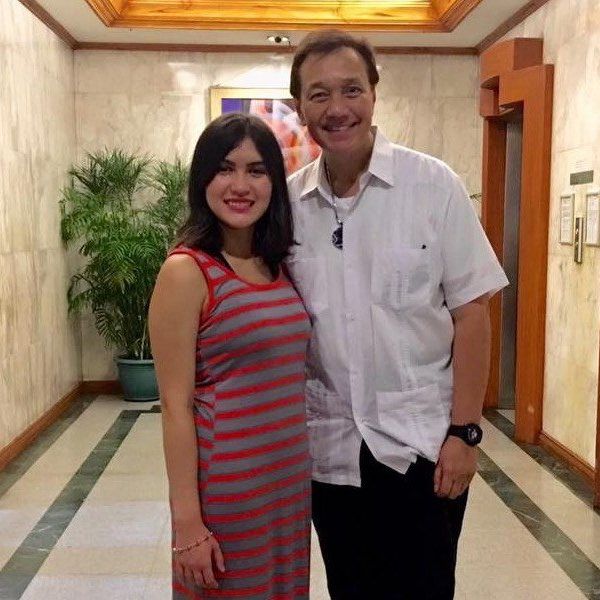The underlying purpose of a democratic government is the participation of the everyday, common citizen. The United States continues to be a democratic republic, in which we elect our representatives to govern the nation as we see fit. Despite the common feelings of alienation from any source of power or control many of us feel, the truth is that we can help to bring about change in our country by being active in politics. The belief that voting does not often result in change or represent the peoples’ needs and desires is widespread. However, the facts show that this lack of our needs being met can more easily be blamed on us rather than an unfair system or untrustworthy government officials.
In the 2012, only 57.5 percent of the eligible American voters participated in voting in the presidential election. How can we expect our demands to be met when we do not actively participate in deciding who governs? And more importantly, how can we complain about the lack of accurate representation when we purposefully choose not to vote?
It is not my goal to persuade anyone who they should vote for, but whether to encourage each of us to exercise our right to vote. Our opinions will never hold influence if we do not actively participate by voting.
Begin with the first steps of knowing the candidates and understanding their political platforms. Having a general knowledge of what each candidate stands for will make choosing one you support much easier. It will also prevent people from voting for the wrong reasons. The amount of publicity or hearsay rumors surrounding a politician will not often accurately portray their political agenda. Reading through the platforms found on their websites is a good way to start. This can be followed by watching the debates to see how the candidates measure up to one another as well as how they handle themselves publically. Paying attention to how they interact with one another and the media will help provide a better understanding of what type of people they really are.
Gaining knowledge on the procedures of these elections and what issues are currently important in our national government will also help in establishing your own values and beliefs as a voter. This is of particular importance to young adults under the age of 30. In the 2012 election, the majority of voters were over the age of 35. It is easy to understand why the agendas of the younger generations are not being met when most of the votes come from older citizens with different values and beliefs. And once again, there is no one to blame for this but us. If people want change then each individual will have to put forth the effort to get our voices heard.
For more information on the 2012 election voter turnout visit: bipartisanpolicy.org





















